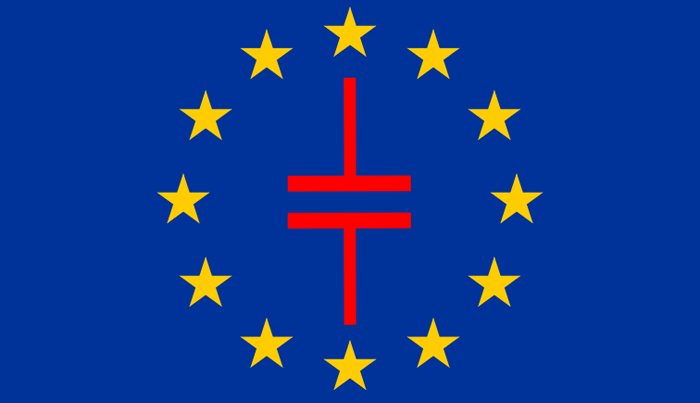EU slaps fines on cartel controlling capacitor prices
March 27, 2018
on
on

In the past week the EU announced they have imposed heavy fines on seven component manufacturers who were found guilty of operating an illegal price fixing cartel to control the market for capacitors. In total the fines amounted to € 254 million.
The seven companies accused of operating the cartel are: Nippon Chemi-Con Corp, Hitachi Chemical, Nichicon, Rubycon, Elna, Tokin and Matsuo Electric.
Eight companies were actually involved in the scandal, but Sanyo Electric, escaped penalty because although also guilty, they acted as whistle blower to inform the EU bodies of the details of the illicit arrangements. According to the EU, between 1998 and 2012 the eight companies have “participated in multilateral meetings and engaged in bilateral or trilateral contacts to exchange commercially sensitive information" the result of which was to coordinate future behavior and thwart open price competition.
The cartel’s shenanigans were to the detriment of customers and consumers and involved exchange of information about future prices and pricing intentions, as well as production volumes and supply and demand information. Not only were prices agreed, but compliance with the arrangements was closely monitored. The EU has email evidence clearly showing the perpetrators were fully aware of the illegality of their practices.
The seven companies accused of operating the cartel are: Nippon Chemi-Con Corp, Hitachi Chemical, Nichicon, Rubycon, Elna, Tokin and Matsuo Electric.
Eight companies were actually involved in the scandal, but Sanyo Electric, escaped penalty because although also guilty, they acted as whistle blower to inform the EU bodies of the details of the illicit arrangements. According to the EU, between 1998 and 2012 the eight companies have “participated in multilateral meetings and engaged in bilateral or trilateral contacts to exchange commercially sensitive information" the result of which was to coordinate future behavior and thwart open price competition.
The cartel’s shenanigans were to the detriment of customers and consumers and involved exchange of information about future prices and pricing intentions, as well as production volumes and supply and demand information. Not only were prices agreed, but compliance with the arrangements was closely monitored. The EU has email evidence clearly showing the perpetrators were fully aware of the illegality of their practices.
Read full article
Hide full article



Discussion (0 comments)